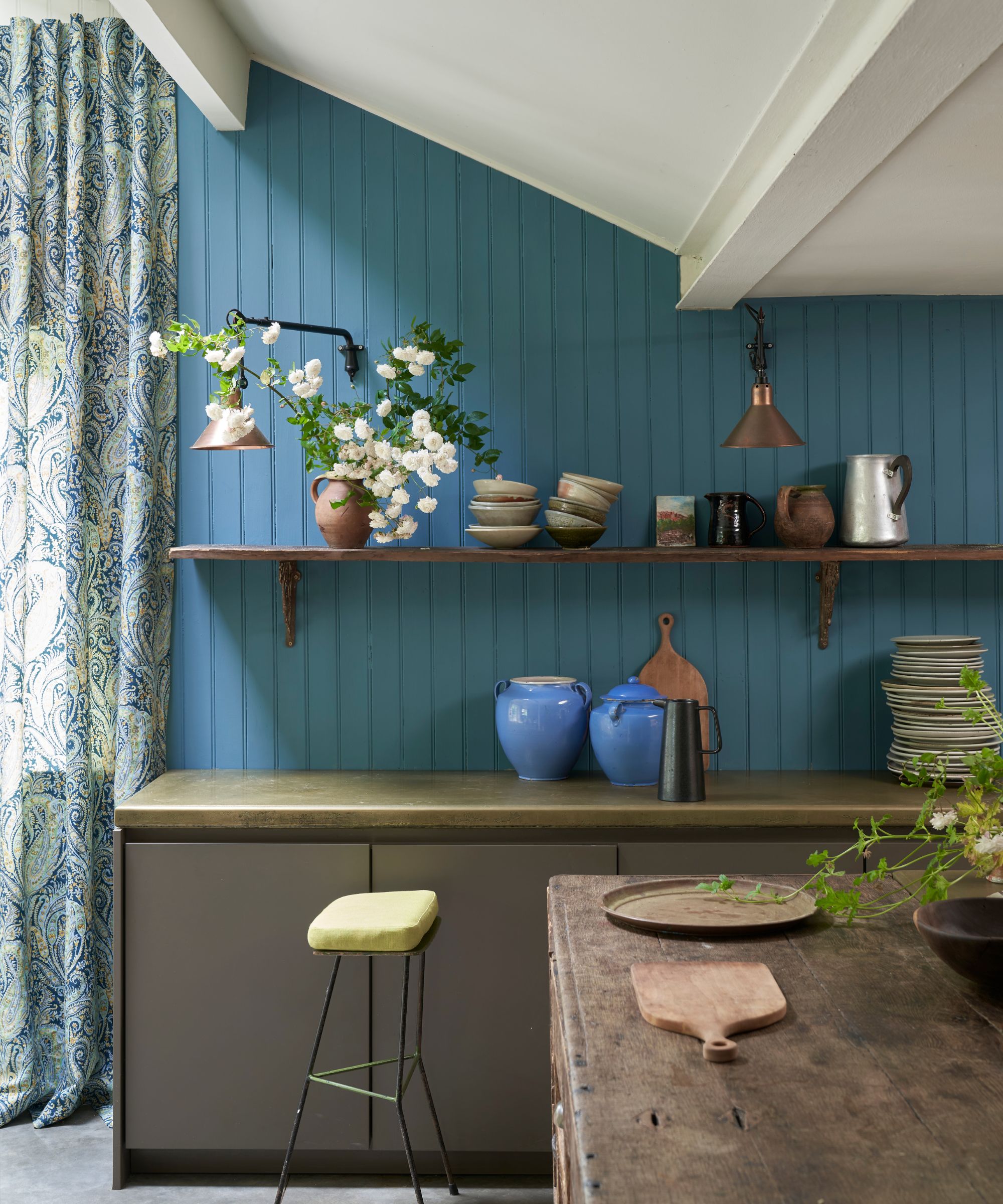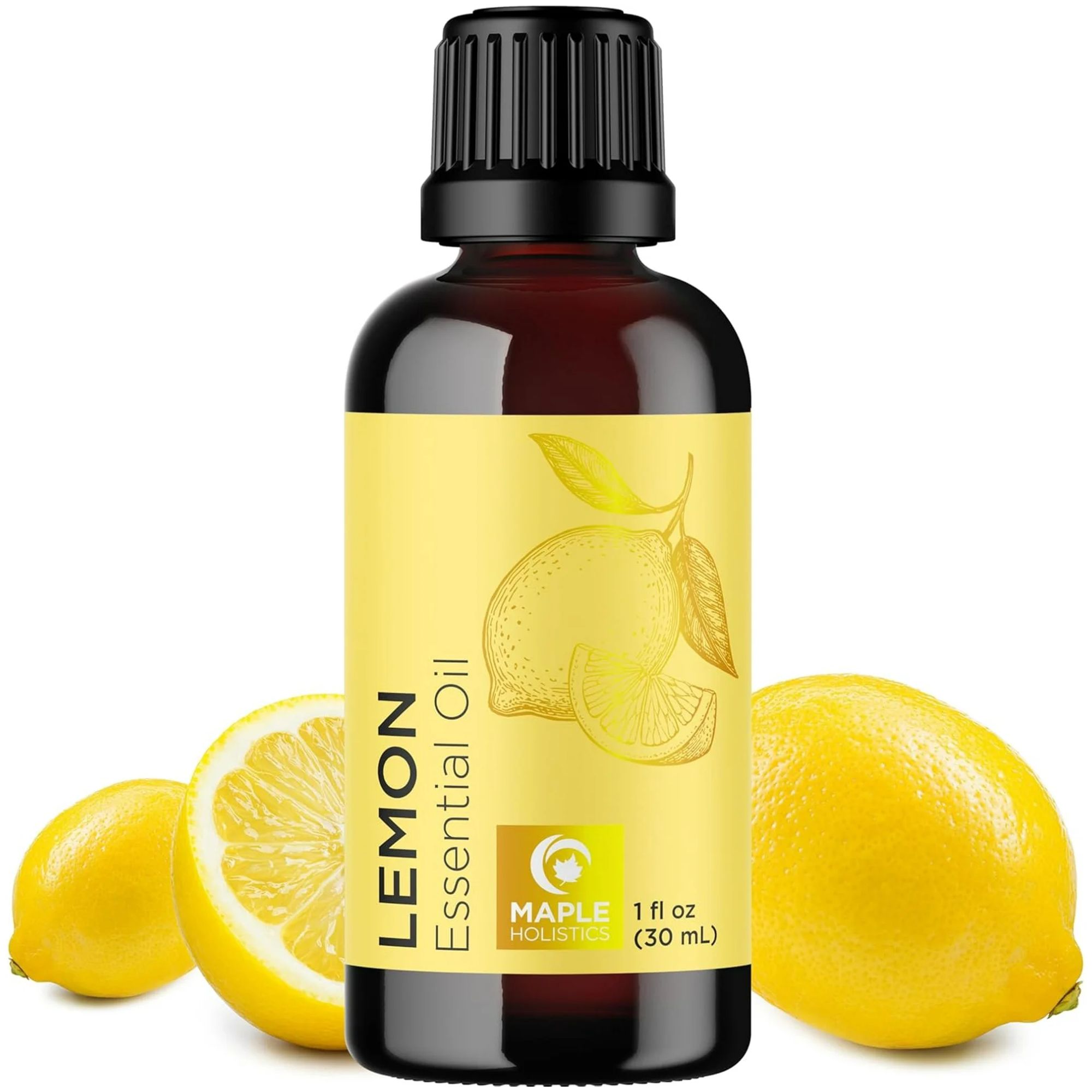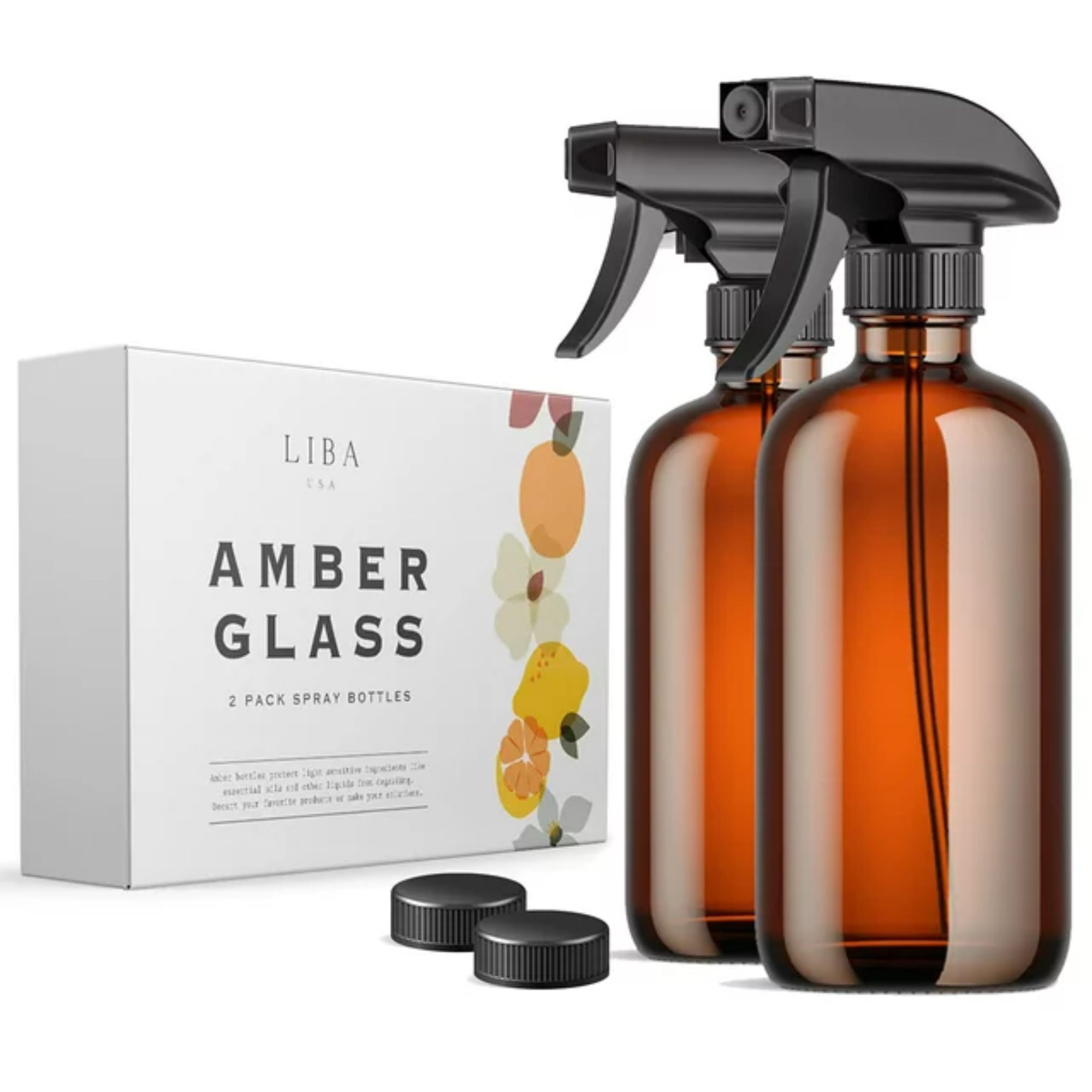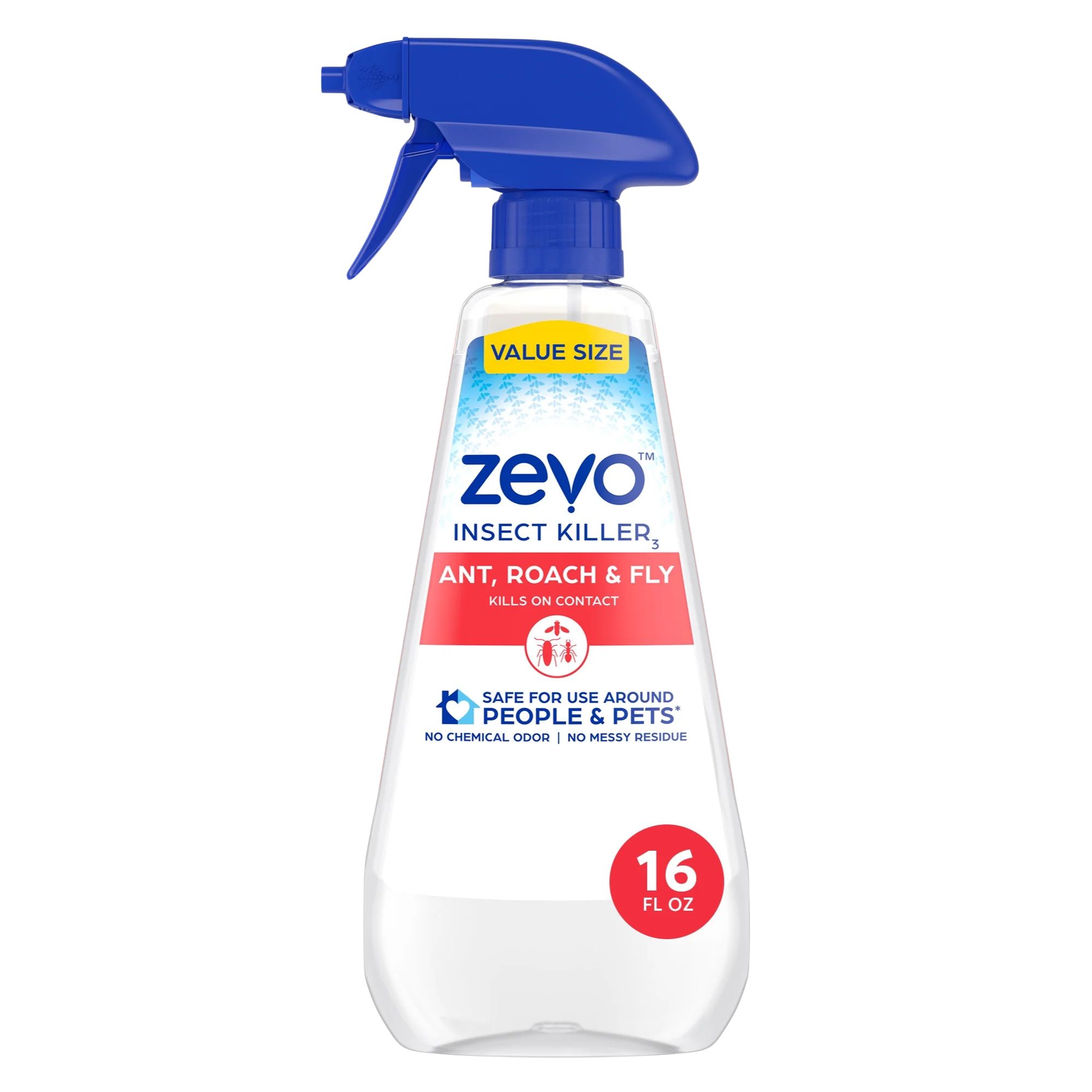Say goodbye to ants by spraying this 1 natural repellent around your home – and no, it's not vinegar
It's a cheap, non-toxic and eco-friendly solution, but it does have drawbacks, says our pro


Design expertise in your inbox – from inspiring decorating ideas and beautiful celebrity homes to practical gardening advice and shopping round-ups.
You are now subscribed
Your newsletter sign-up was successful
Want to add more newsletters?

Twice a week
Homes&Gardens
The ultimate interior design resource from the world's leading experts - discover inspiring decorating ideas, color scheming know-how, garden inspiration and shopping expertise.

Once a week
In The Loop from Next In Design
Members of the Next in Design Circle will receive In the Loop, our weekly email filled with trade news, names to know and spotlight moments. Together we’re building a brighter design future.

Twice a week
Cucina
Whether you’re passionate about hosting exquisite dinners, experimenting with culinary trends, or perfecting your kitchen's design with timeless elegance and innovative functionality, this newsletter is here to inspire
It's that time of year again when ant numbers are hitting an all-time high, and you may notice them creeping under your doors, along your windowsills, and through any cracks in your walls.
But, while it can be tempting to reach for strong chemicals to get rid of them for good, did you know you can effectively deter them naturally with lemons?
Here, our entomologist shares his top tips for getting rid of ants indoors with this staple citrus fruit and explains when and why you might need to rely on commercial alternatives.
How to use lemons to deter ants
Struggling to get rid of ants in your kitchen? While only tiny, the disruptive nature of these pesky pests can't be disputed, and they can often feel particularly difficult to banish effectively. But, says Tony King, pest control expert and founder of The Pied Piper, it's not always necessary to rely on harsh chemicals.
He says you can use lemon juice instead. 'This works because of the d-limonene in the peels and the acidity in the juice,' he explains, 'D-limonene is a compound that occurs naturally in citrus oils, and it disrupts the sensory receptors ants use to detect and follow pheromone trails.
'When those trails are masked or broken, ants get disoriented and often abandon the route altogether. The acidity in the juice may also interfere with their exoskeletons on contact, but that’s a minor effect.'
So when trying to get rid of ants outdoors, or anywhere inside your home, you'll need to focus on disrupting their scent trails after blocking any entry points. This can easily be done using caulk, such as the bestselling DAP Alex Plus All Purpose Caulk available at Walmart.
Design expertise in your inbox – from inspiring decorating ideas and beautiful celebrity homes to practical gardening advice and shopping round-ups.
'Start by squeezing fresh lemon juice along common ant entryways – windowsills, cracks in the walls, gaps around doors, along the floor where ants form lines,' advises Tony. 'Use pure, undiluted lemon juice for best results. You can spray it [using a spray bottle such as the Equate Plastic Spraybottle available at Walmart] or soak a cotton cloth or paper towel and wipe it directly onto the surfaces.
'After squeezing the juice, don’t throw away the peels – rub the inside of the peel along those same areas to release the citrus oils. For persistent trails, leave a few fresh lemon slices or heavily scented lemon peels in the area and it will act as a further deterrent.'
You can also try cleaning with lemon juice for similar effects, or cleaning with vinegar, as while vinegar doesn't kill ants, it will deter them. The same goes for cleaning with baking soda, as baking soda does kill ants and will deter them, too.
Is using lemon juice an effective deterrent?

As Tony explains, lemons are best used as part of a layered approach when it comes to ant control, particularly if you're dealing with an infestation and trying to get rid of flying ants, for example.
'Lemons are a non-toxic and food-safe option for light infestations, or for people who don't want to use harsh chemicals – especially in food prep areas,' he says. 'But, they won't get rid of the source of the infestation. If you see a steady or growing line of ants, I always suggest using lemons in conjunction with a baiting strategy.'
For this, Tony recommends using TERRO Ant Killer Bait Stations available at Amazon, which attract worker ants, which then carry the poison back to the colony, targeting the root on the problem. The Combat Max 2 in 1 Ant Bait Station available at Walmart is also a popular pick.
And, if you prefer not to use any chemicals at all, you can try some non-toxic pest control options, by utilizing smells ants hate, like thyme and lavender, and even try getting rid of ants in your yard with soap. Keeping them away from the exterior of your home should stop ants coming into the house in the first place.
Punteha van Terheyden, Head of Solved, tried Dr Killigan's all-natural and eco-friendly Six Feet Under: Contact Spray available on Amazon to get rid of the springtime ants by her front door.
She says, 'Whilst it did not get rid of the source of the colony, it did effectively wipe out their scent trails around my front door, deterring them from marching to and from the entrance to my home, which was a bonus.'
Punteha likes that the plant-powered ingredients are safe for use around her pets. 'My two cats are nosy and like to sit near the front door and I didn't want to use a commercial pesticide that might impact them. They don't seem to like the essential oils in the Dr Killigan's spray, so it kept them away from the space anyway.'
What to shop
All prices were correct at the time of publication.

This potent lemon essential oil can be used in the place of fresh lemon juice for a long-lasting, strong-smelling effect.

These glass spray bottles are ideal for mixing up any homemade pest deterrents, with UV protection to prevent ingredients, like fresh lemon juice, from degrading.

This bug spray is safe to use around both people and pets, made with rosemary essential oil and no added fragrances or dyes.
Meet our expert

Tony has over 25 years of experience in the pest control industry, since founding The Pied Piper in 1992.
'In the long run, sealing entry points with caulk or weatherstripping and keeping counters spotless – especially free of sugar, crumbs or pet food – is key,' says Tony.
Did you know you can also repel ants with patchouli oil and use orange peel to deter pests?

Ottilie joined Homes & Gardens in 2024 as the News Writer on Solved, after finishing a Master's in Magazine Journalism at City, University of London. Now, as the Sleep Editor, she spends her days hunting deals and producing content on all things sleep – from mattresses and sheets to protectors and pillows, all of which she tests in her own home. She also has particular expertise in home fragrance, covering everything from candles to reed diffusers.
Previously, she has written for Livingetc and Motorsport Magazine, and also has a Master's degree in English Literature and History of Art from the University of Edinburgh, where she developed a love for inspiring interiors and architecture.